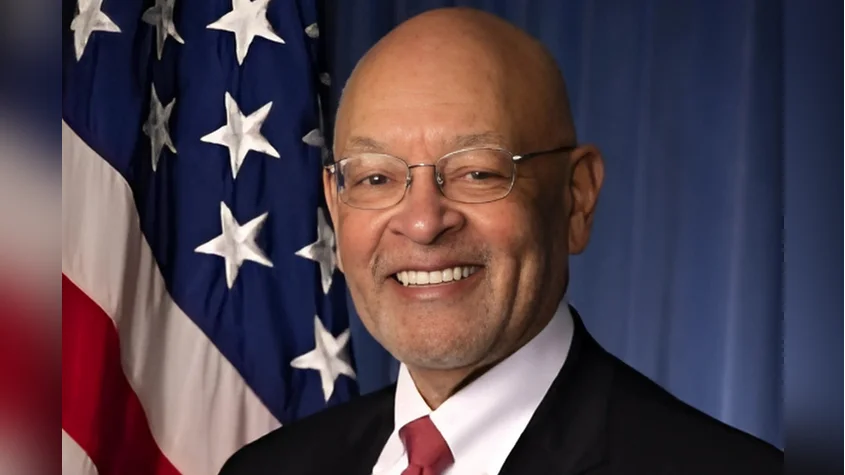A Bloomington man has been sentenced to three years in federal prison for firearm possession and cocaine distribution. Dandre Antwan Williams, 36, of the 1200 block of Orchard Road, received a sentence of 36 months’ imprisonment and three years of supervised release on August 7, 2025. The sentencing took place before U.S. District Judge Jonathan E. Hawley.
According to information presented at the hearing, Williams possessed and sold two firearms—a Russian firearm and a Taurus .38 loaded with four rounds—as well as 48.6 grams of cocaine in April 2024. As a convicted felon, Williams was prohibited from possessing firearms. Judge Hawley noted that one of the firearms had a defaced serial number.
Williams was indicted in October 2024 and pleaded guilty in March 2025. He has been held by the U.S. Marshals Service since his arrest.
The statutory penalties for being a felon in possession of a firearm include up to 15 years in prison, three years of supervised release, and a $250,000 fine. Distribution of cocaine carries potential penalties of up to 30 years in prison, six years supervised release, and a $2 million fine.
The Peoria Area Federal Firearms Task Force led the investigation. The task force includes agents from the Bureau of Alcohol, Tobacco, Firearms and Explosives; Peoria Police Department; Peoria County Sheriff’s Department; Illinois Department of Corrections; and Illinois State Police. Assistant U.S. Attorney Melissa P. Ortiz prosecuted the case.
The prosecution is part of Project Safe Neighborhoods (PSN), an initiative that coordinates law enforcement efforts to reduce violent crime and gun violence across communities nationwide. In May 2021, the Department launched an updated strategy for PSN focused on building community trust, supporting prevention organizations, setting targeted enforcement priorities, and tracking outcomes through measurable results.
"





